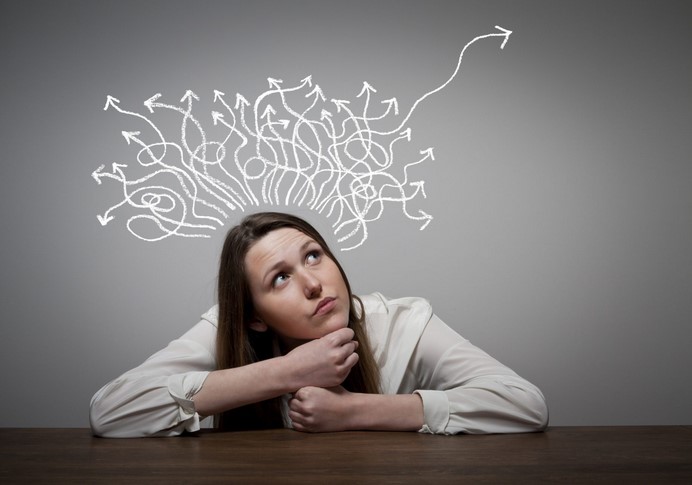
Emotional Dysregulation Disorder (EDD) is a mental health condition that affects how a person manages their emotions. It is characterized by difficulty regulating emotions, which can lead to intense and unpredictable emotional outbursts. People with EDD may have difficulty controlling their emotions, leading to feelings of distress, anxiety, and depression. They may also have difficulty managing their relationships and may struggle to cope with everyday life. This article will provide an overview of EDD, including its symptoms, causes, and treatments. It will also discuss strategies for recognizing and managing emotional imbalance.
How to Recognize the Signs of Emotional Dysregulation Disorder
Emotional dysregulation disorder (EDD) is a mental health condition that can cause significant distress and disruption in a person’s life. It is characterized by difficulty managing emotions, which can lead to impulsive and destructive behaviors. Recognizing the signs of EDD is important for getting the right diagnosis and treatment.
Common signs of EDD include:
1. Intense emotional reactions: People with EDD often have intense emotional reactions that are disproportionate to the situation. They may become angry or upset quickly and have difficulty calming down.
2. Impulsive behavior: People with EDD may act impulsively without considering the consequences of their actions. This can lead to risky behaviors such as substance abuse, self-harm, or reckless driving.
3. Difficulty regulating emotions: People with EDD may have difficulty regulating their emotions, which can lead to mood swings and difficulty managing stress.
4. Difficulty controlling anger: People with EDD may have difficulty controlling their anger, which can lead to aggressive outbursts or physical violence.
5. Difficulty concentrating: People with EDD may have difficulty concentrating or focusing on tasks. This can lead to problems with school or work performance.
If you or someone you know is exhibiting any of these signs, it is important to seek professional help. A mental health professional can help diagnose EDD and provide treatment options. Treatment may include psychotherapy, medication, or a combination of both. With the right treatment, people with EDD can learn to manage their emotions and lead a healthy and productive life.
Understanding the Causes of Emotional Dysregulation Disorder
Emotional dysregulation disorder (EDD) is a mental health condition characterized by difficulty managing emotions. People with EDD may experience intense emotions, difficulty controlling their emotions, and difficulty regulating their behavior in response to their emotions. While the exact cause of EDD is not known, there are several factors that may contribute to the development of the disorder.
One potential cause of EDD is genetics. Research suggests that EDD may be inherited, as it is more common in people who have a family history of mental health conditions. Additionally, certain genetic variations may increase the risk of developing EDD.
Environmental factors may also play a role in the development of EDD. Traumatic experiences, such as physical or sexual abuse, can lead to emotional dysregulation. Additionally, people who have experienced neglect or abandonment may be more likely to develop EDD.
Finally, certain psychological factors may contribute to the development of EDD. People who have difficulty identifying and expressing their emotions may be more likely to experience emotional dysregulation. Additionally, people who have difficulty managing stress or who have difficulty regulating their behavior in response to their emotions may be more likely to develop EDD.
Overall, the exact cause of EDD is not known. However, research suggests that genetics, environmental factors, and psychological factors may all play a role in the development of the disorder. It is important to note that EDD is a treatable condition, and there are a variety of treatments available to help people manage their symptoms.Emotional Dysregulation Disorder is a complex condition that can be difficult to manage. However, with the right support and resources, individuals can learn to recognize and manage their emotional imbalance. With the help of a mental health professional, individuals can develop strategies to better regulate their emotions and improve their overall wellbeing. With the right support, individuals can learn to manage their emotions and lead a more balanced life.